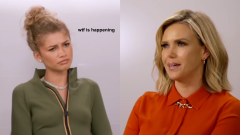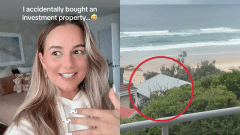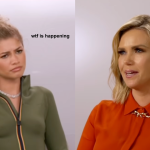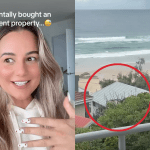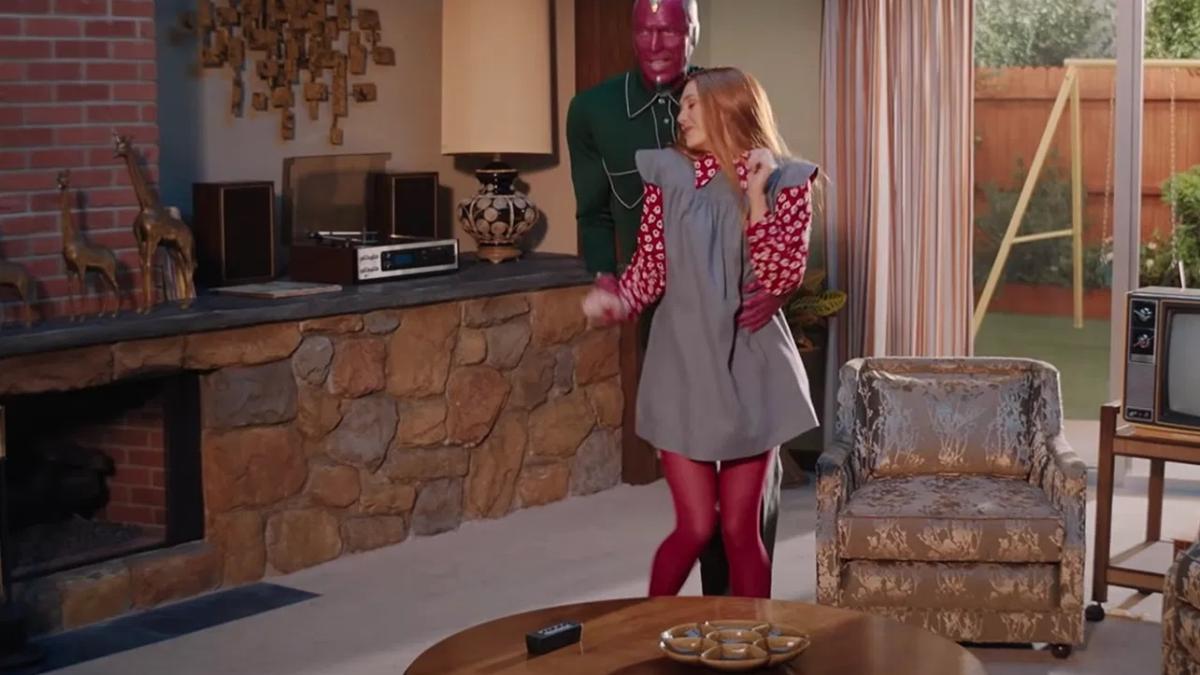
I don’t know about you but owning a home can sometimes feel like a far-off fantasy, like getting picked out of the crowd at a Beyoncé concert to join her on stage for Halo.
But again, I’ve never been the best at saving – so the fact that I’m turning 30 and don’t own my own crib isn’t a huge shock to me.
But not all of us are terrible savers. There are young people out in the world right now hitting up auctions on Saturday mornings and collecting the keys to their dream home.
We spoke to resident Westpac savings expert and Managing Director of Cash & Transactional Banking, Mandy Rutherford, to get the low-down on how we can be better savers.
What are the main challenges for young people who want to own a place?
According to Mandy, the biggest hurdle is often saving for the deposit. Which I totally understand. A house deposit can feel like a HUGE amount of money.
Mandy reckons creating a detailed savings plan is the golden ticket you need to see that bank balance rise.
“Online tools and calculators can help you work out how much you need to save for a deposit, plus other upfront costs like stamp duty,” Mandy says.
“Focusing only on the end goal can make it seem unachievable. Instead, start with smaller goals and before you know it, they’ll start adding up to big outcomes.”

Are there any strategies that will help us get the keys?
Apparently, yes. It involves getting up close and personal with your bank account – your incomings, your outgoings, your overall transactions. Mandy says, “The first step is to really understand your financial situation –what are your expenses and how are you allocating what’s leftover?”
Once you know exactly where your hard-earned cash is going, then it’s time to get creative… and if you need to, a bit ruthless. It’s good to revisit your spending behaviours every now and then and look at ways you could decrease your spending. This will increase the leftover $$$ you have to chuck into your savings. Challenge yourself and it’s amazing how small savings here and there really add up.
Mandy’s advice? “If you get a tax refund or bonus from work, save it rather than spend it. Take the time to regularly review your services and subscriptions, such as your mobile phone plan; those nights you default to UberEats or even the several streaming services you may or may not be watching,” she says.
Now that we’ve got some extra dollars leftover to play with, it’s time to really get serious about your savings goals. Is it a house? A car? New shoes? All the above? Saving for specific goals will help you stay on track and give you a sense of achievement as you watch those dollars grow.
“We’ve found that those who have a specific goal in mind are more likely to save more over time,” says Mandy. “Open a separate, dedicated savings account that allows you to set goals and targets to compartmentalise your saving and track your progress – like Westpac’s Life account,” she says.
To get the most out of your savings, ensure you’ve scoped out what’s available to find a savings account that works for you. Some reward you for regular saving, which could be up your alley. Every account is different, so make sure you understand how yours can work harder for you.
Setting up a regular deposit is another great habit to get into. Often accounts allow you to set up an automated transfer into your savings as soon as your pay lands, which is a great way to put your savings on autopilot and reach your goals sooner.
“Setting up regular auto-transfers on payday into your savings account will not only help you save, but also help demonstrate a savings history with your lender,” says Mandy.
Also, if you want to find ways to save more, you can also look to gigs outside of your job to get a bit of extra moula. Got any old phones or tech lying around? Sell it online. Have a genius idea for a side hustle? Start working away at it. I’d also recommend selling lemonade, but I’m not too sure how lucrative it would be because adults sitting at a lemonade stand might come across as a bit…odd.

But what about the deposit? How much is enough? We want to know…
I know bigger isn’t always better, but it actually is for a house deposit. But why?
Most lenders are after a 20% deposit upfront to secure the loan – that is, 20% of the property’s value. A 20% deposit means that you need to borrow the remaining 80% of the property value from the bank – this is your mortgage. Obviously, the more you can stump up for the deposit means the less you have to borrow, which can mean lower repayments and less interest.
But – there are other upfront costs to budget for as well when you’re buying a house, like stamp duty, conveyancing fees and building inspections, which can all add up.
So, what if you don’t have a 20% deposit?
According to Mandy, “Some lenders may accept a smaller deposit. However, this might mean you then have to pay for Lender’s Mortgage Insurance,” she says. “You’ll also need to factor in ongoing costs into your budget like council rates, strata and property maintenance.”
“Once you’ve built up some savings, I recommend speaking to your bank or an expert who can give you some clear guidance on what options might be best for you,” she says.
So remember: 20% is the goal – but if you’re not quite there and still want to get into the market, all is not lost. You could still have options!

Feeling inspired to get control of your bank account and start hitting up your local auctions? SAMES. If you need a financial hand, Westpac can help you.
